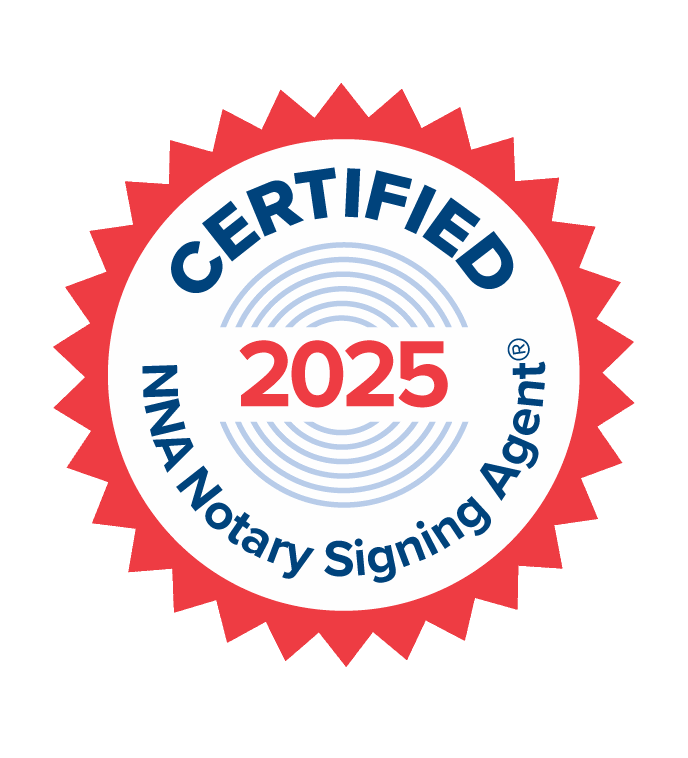Notarization in Chicago: What You Need to Know About Local Regulations
Understanding Notarization in Chicago
Notarization is a critical process that ensures the authenticity and integrity of documents. In Chicago, as in many other places, notarization is a legal requirement for a variety of transactions, from real estate deals to legal affidavits. Understanding the local regulations can help you navigate the process smoothly and avoid potential issues.

Who Can Perform Notarization in Chicago?
In Chicago, a notary public is authorized to perform notarizations. These officials are appointed by the state and serve as impartial witnesses to the signing of documents. To become a notary in Illinois, an individual must meet specific criteria, including being at least 18 years old, a resident of the state, and fluent in English. The notary must also pass a background check and pay a fee to receive their commission.
It's important to ensure that the notary you choose is currently commissioned and in good standing with the state. You can verify their status through the Illinois Secretary of State's website.
Types of Documents That Require Notarization
Notarization is often required for various types of documents, including but not limited to:
- Real estate deeds and mortgages
- Wills and trusts
- Powers of attorney
- Affidavits and sworn statements
Each document may have specific requirements, so it's essential to understand what is needed before seeking notarization.

The Notarization Process
The process of notarization in Chicago involves several steps to ensure the document's validity and the signer's identity. Here's a general overview:
- The notary verifies the identity of the signatory through valid identification.
- The signatory acknowledges understanding and willingness to sign the document.
- The notary witnesses the signing of the document.
- The notary affixes their seal or stamp and signs the document, completing the notarization.
Local Regulations and Fees
Chicago adheres to the state regulations set forth by Illinois regarding notarization fees. As of now, the maximum fee a notary can charge is $1 per notarized signature. However, mobile notaries who travel to a location may charge additional fees for travel expenses. Always confirm fees upfront to avoid surprises.

Common Mistakes to Avoid
Several common mistakes can occur during notarization that may invalidate the document:
- Not presenting valid identification.
- Failing to appear personally before the notary.
- Missing or incomplete sections on the document.
Avoiding these mistakes can save time and prevent legal complications.
The Role of Technology in Notarization
With advancements in technology, remote online notarization (RON) has become increasingly popular. Illinois permits RON under certain conditions, allowing for more flexibility in notarizing documents. This option can be particularly useful during emergencies or when signatories are unable to meet in person.
However, it's crucial to ensure that both the notary and the platform used for RON comply with state regulations to ensure the notarization's validity.
Conclusion
Understanding notarization in Chicago is essential for anyone involved in legal or financial transactions requiring document authentication. Familiarize yourself with local regulations, choose a reputable notary, and ensure all requirements are met to streamline the process. Whether opting for traditional or remote notarization, staying informed will help you navigate this crucial step with confidence.

